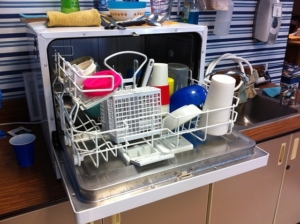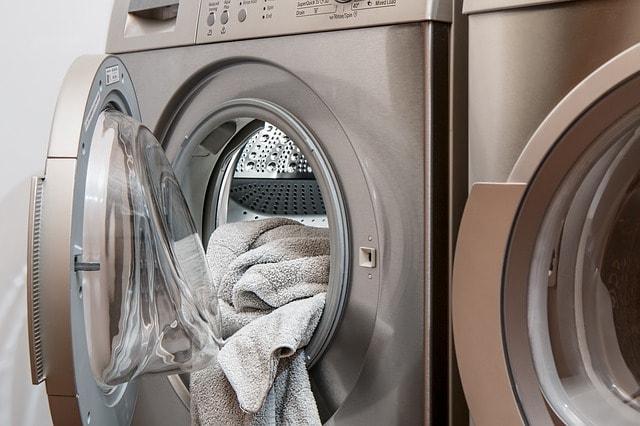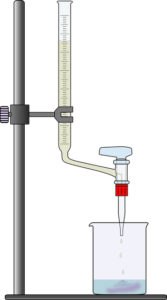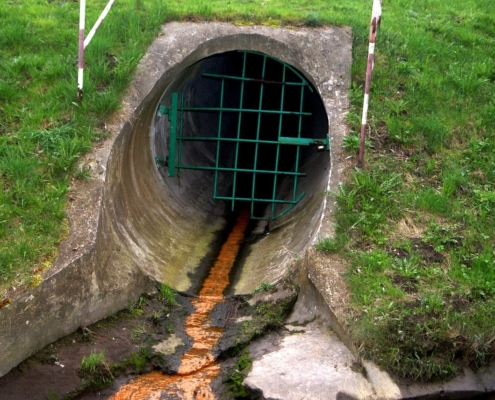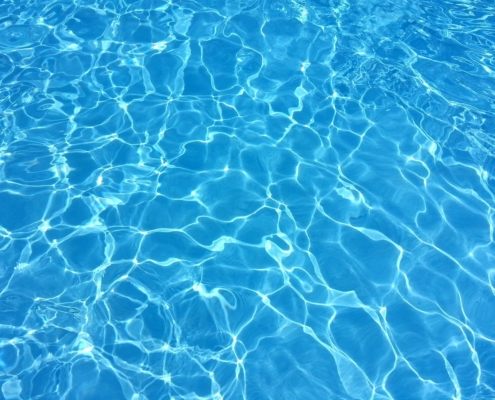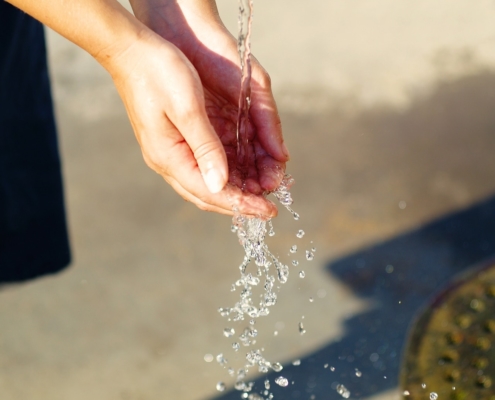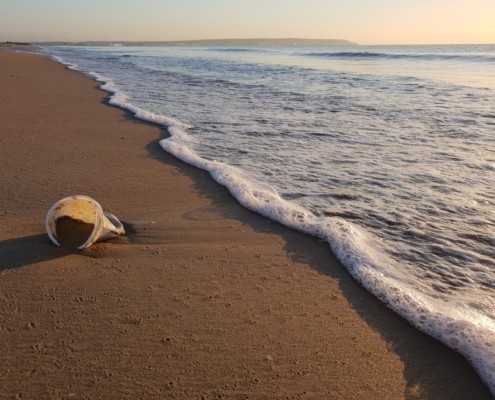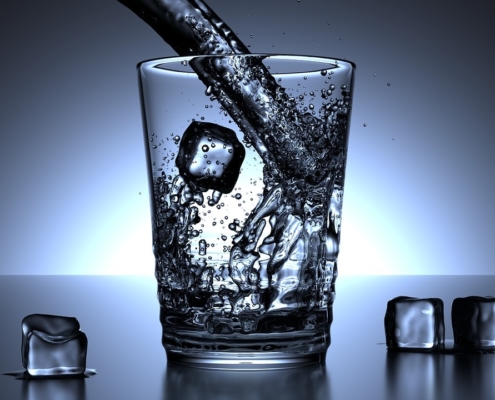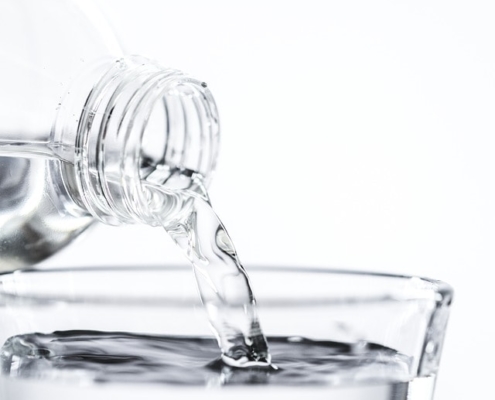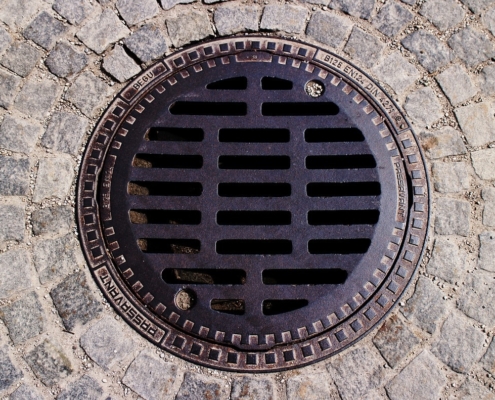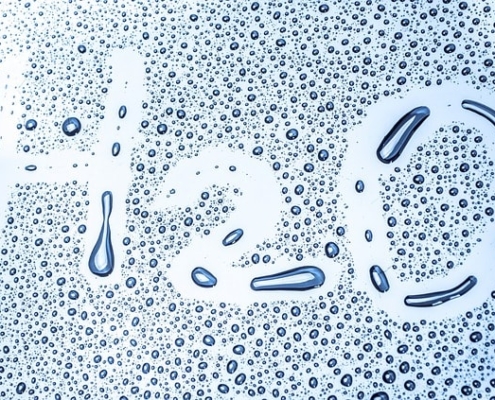Water hardness – how can it be determined and changed?
Knowing the hardness of water is very important as it affects the performance and longevity of electrical appliances, such as washing machines or dishwashers. Most households in Germany have hard water. This means that the content of calcium and magnesium is high. In the following guide, you will learn how to set the optimum level of hardness, how to determine it yourself and what to look for in hard water.
What exactly does water hardness mean?
The water supply companies in Germany must indicate the degree of hardness of the drinking water. It describes the concentration of calcium and magnesium ions in tap water, whose properties are determined by this content.
The degree of hardness is divided into the following areas:
– soft: less than 1.5 millimoles of calcium carbonate per liter, 8.4 ° dH
– medium: per liter 1.5 – 2.5 millimoles of calcium carbonate, 8.4 ° to 14 ° dH
– hard: per liter over 2.5 millimoles of calcium carbonate, more than 14 ° dH
The water hardness 1 corresponds to soft, 2 medium, 3 hard and 4 very hard water. Basically, therefore, the higher the proportion of calcium and magnesium ions, the harder the water.
Effects of hard water
With a high degree of hardness, there are some disadvantages: Hard water leads to the calcification of household appliances such as the washing machine, coffee machine or kettle. For the calcification of the heating elements of a washing machine, for example, the higher proportion of calcium bicarbonate is primarily responsible. In heating systems, too much calcium deposits reduce the pipe cross-section. Due to the insulating effect of the heat exchange is impaired. Lime deposits also favor function restrictions on components and corrosion. Hard water forms faster on faucets. The calcifications, which are also visible on many devices, are very unattractive and lead to increased energy consumption. The reason is that the lime conducts the heat on the heating rods worse. In addition, the life of the devices may decrease.
Soft water is better in many ways
Soft water is best in many areas. For example, washing and rinsing requires less detergent and rinse. Hard water can affect the washing power of the detergent or reduce the cleaning effect. With soft water, you can not only use less detergent, but you can save the fabric softener while washing, while you should add it to harder water. For the preparation of tea, coffee or other delicate drinks and food soft water is also better, because hard water affects the appearance and taste negatively. The reason: With increasing water hardness, the taste of the drinking water increases.
Hard water is safe for your health
A high water hardness is harmless to human health. The hard water contains essential minerals: calcium is a very important building material for bones, teeth and blood clotting. Magnesium in turn has a very positive effect on the nerves, arteries and muscles. In addition, the mineral should be able to prevent a heart attack. Therefore, the legislator does not prescribe a standard for water hardness.
Announcement of the water hardness is obligatory
Water utilities must inform consumers about the hardness range at least once a year. The same applies to any change in water hardness, which is not just temporary. Possibilities of announcements are:
– stickers or flyers
– imprint on the water bill
– publication in the regional press
– communication on the company website

